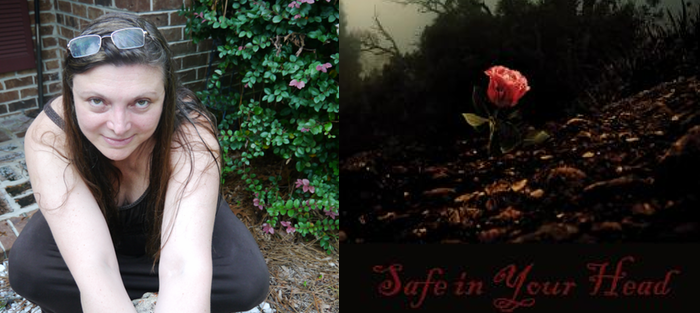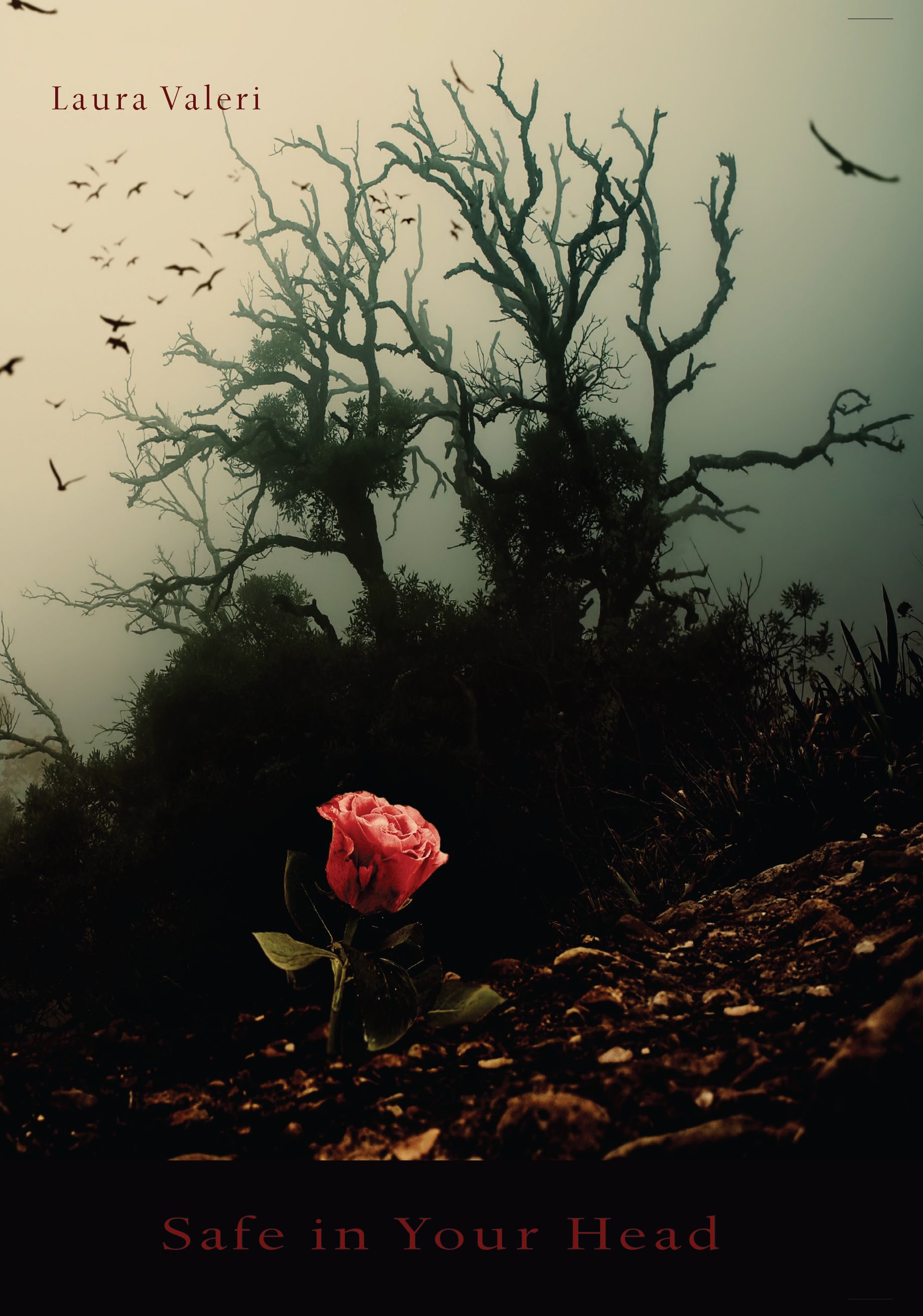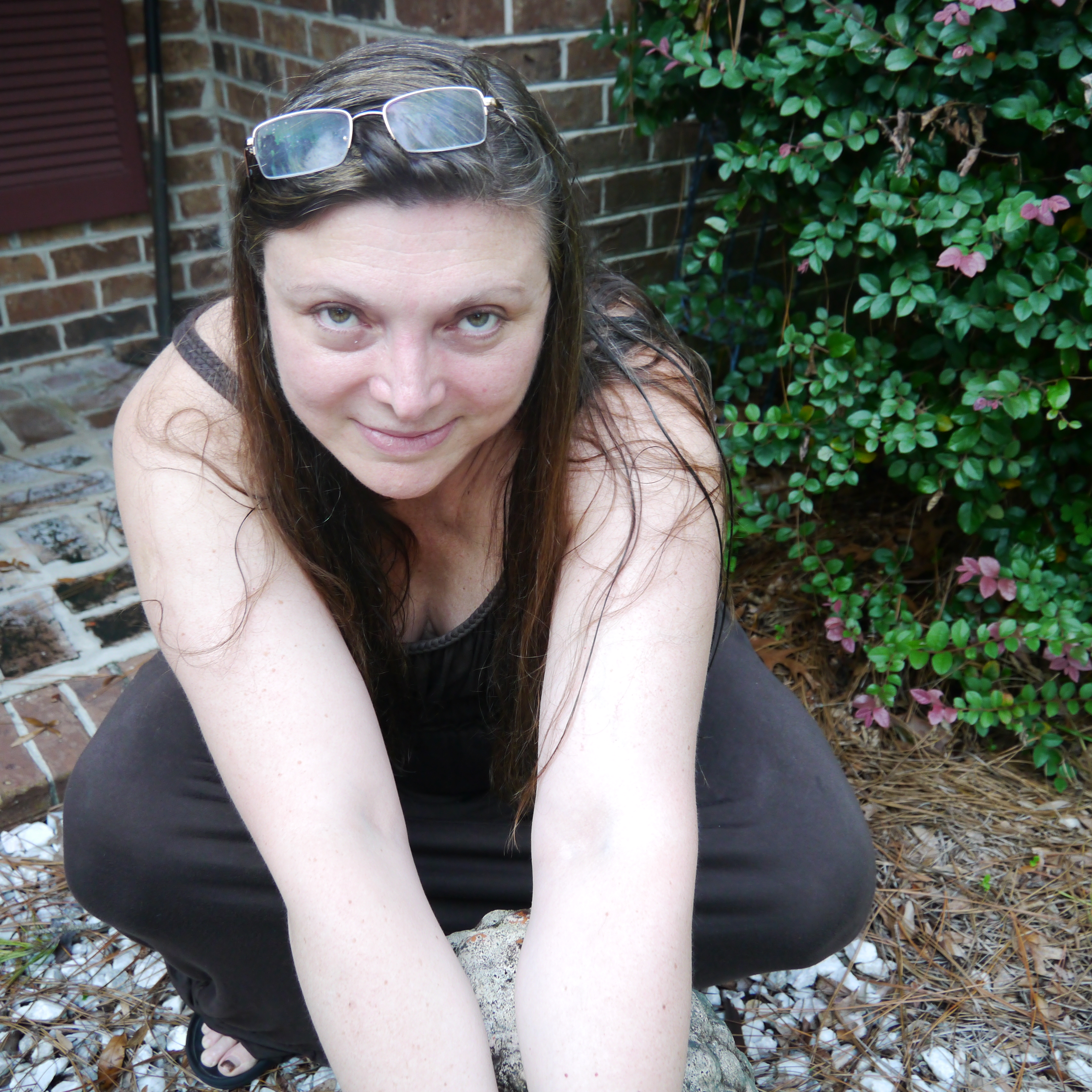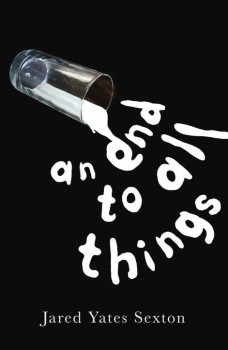What is your earliest childhood memory? Our memories begin with the onset of language skills, so you ought to be able to go as far back as when you were three.
Chances are that you are visualizing some incoherent snippets. Try and focus on the most coherent one of these. What is it? What do you see? Write it down. It matters.
I’ll share mine first: I am almost four, standing next to the crib of my nine-month-old brother, holding the baby and crying as the baby slowly slips from my grip. The sensory details I remember are his weight, the effort it takes to hold him, the slow slide of his body down mine, and our collectively loud, desperate wailing.
I have no idea what happens next, although I imagine (and vaguely recall) my mother calling me silly, scolding me that she had warned me not to pick up the baby.
You have to admit, this memory prompts all sorts of questions: what was I trying to do with that baby? Why wasn’t my mother there? Why did I pick him up? The scene invites us to speculate on the story leading to it. And that’s exactly what an image is supposed to do: invite the reader to imagine farther than the given details.
For me, the most important question is, why do I remember this, out of all the days of my childhood? The brain processes thousands of sensory stimuli in any given moment, but selects only a few for conscious awareness, and fewer still for memory. So why do I remember that day, and not another?
Let me put some context to that memory. My mother needed to leave for a few minutes. I can’t remember the reason: a forgotten wallet, I think. She had warned me not to let anyone in—with enough severity that for the first few minutes of my being alone I press my back against the door with my arms splayed open afraid that a band of Vandals might hammer it down. And under no circumstances was I to pick up the baby. I might drop him, and then, “Very bad,” she had said, waving her finger.
In my young mind, this is what I understand: baby touches floor = baby dies.
Of course, I pick up the baby. The baby looks like my dolls. The baby waves its soft little arms at me and seems to demand to be lifted out of the crib. If I’m careful, my mother will never know.
But God, he’s heavy! With his little feet he’s already pushed himself past the crib and leveraging against my belly with his toes, and now I am bearing the full weight of him. I lower him too far on the other side of the railing to put him back in the crib. I can’t lift him up anymore than I can hold on to him. I wrap my arms so tight around him that even at nine months the baby realizes that this isn’t Mom, this grip just feels wrong, and something bad must surely be happening. He squirms and kicks, and of course, he slips.
I thrust my hips out to hang on to him, but I only manage to slow down the sliding. I could try to ease him gently to the floor, but, remember? Baby touches floor = baby dies.
Baby and I both wail. And for an eternity it is Baby Death! Baby Death! Baby Death! Until finally… Mom!
As a writer of fiction, my lifelong avocation has been to understand people, to dissect their sufferings and joys and find the cogs and gears beneath the surface. That is why I know that we only remember the moments that define who we are.
The memory remains, surviving the million other moments sacrificed to time, because it tells a story of me.
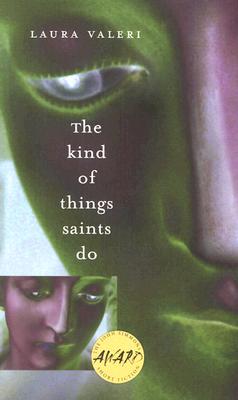 In both my personal and professional life, I am afflicted with an overblown sense of responsibility. I frequently take on more than I can chew, and habitually underestimate the time and resources that any given project may require. Yet, I cling to my obligations as if letting go would mean killing a baby.
In both my personal and professional life, I am afflicted with an overblown sense of responsibility. I frequently take on more than I can chew, and habitually underestimate the time and resources that any given project may require. Yet, I cling to my obligations as if letting go would mean killing a baby.
For years, that memory has waited, surfacing during seemingly random moments, all the while urging me, warning me: don’t pick up the baby. You can’t hang on.
Stories, memoirs, poems, essays are an assemblage of images connected in meaningful sequences. We want our readers to remember our stories in the same way: surviving the tidal wave of other sensory stimuli and concerns that conspire to make them meaningless because they suggest something larger about life than what they describe. It happens at the most basic microcosmic factor: the image.
This is me: a child holding a wailing baby, too heavy for her, alone with no one to help. She cannot gently lay the baby to the floor because she has persuaded herself that the baby will die if she does. I may forget the many times I’ve taken on more than I can handle, but I can’t forget this image of me holding the baby, and now, probably, neither can you.
Think again about that first childhood memory. What does it suggest about you?

